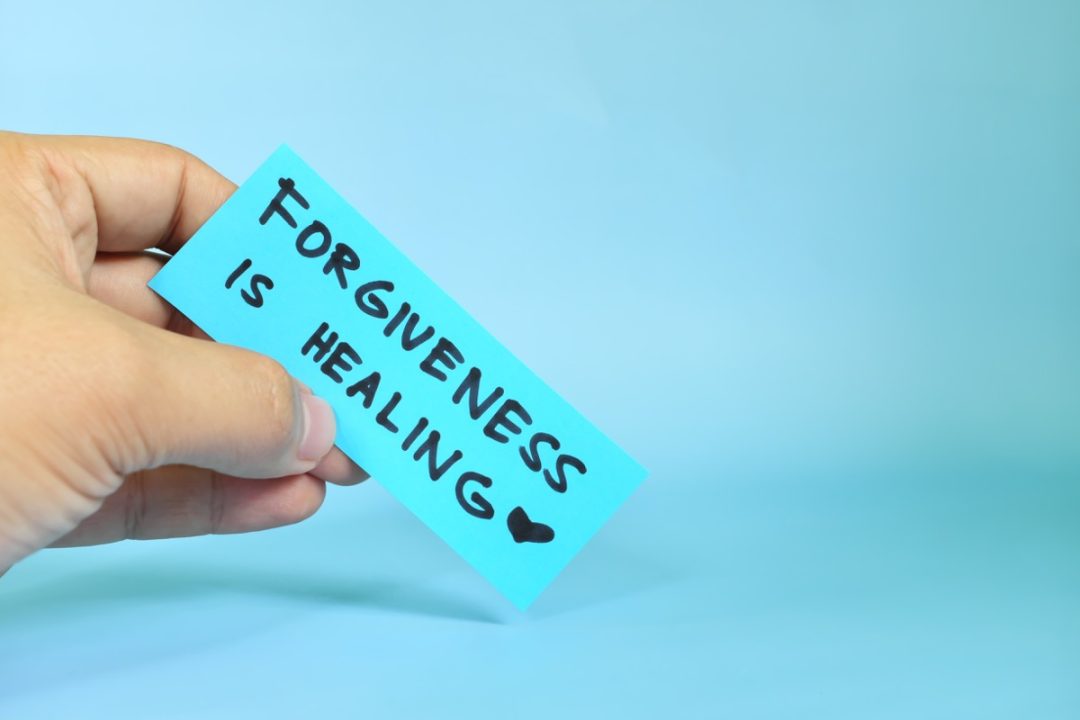
One thing we can say about President Donald Trump is that he’s often nothing if not blunt. Sharing this quality is famed podcaster Joe Rogan, and examples of the two men’s bluntness were recently on full display.
That is, bucking the affair’s spirit, Trump said at the Charlie Kirk memorial in September that he despises his adversaries. “I hate my opponent,” he emphasized at the time — “and I don’t want the best for them.”
And responding to this when the comment was mentioned Friday, Rogan said, “I don’t agree with any of that.” He then added, speaking of Trump, “He’s a nut.”
In fairness, Rogan, who boosted Trump’s 2024 candidacy, then explained his statement. He essentially said (in so many words) that the president was a nut for our time.
Trump’s September 21 comment was notable not just for what he said, but for when he said it. He was responding to words spoken at the memorial by Kirk’s widow, Erika. “The answer to hate is not hate,” she said at the event at State Farm Stadium in Glendale, Arizona. “The answer we know from the Gospel is love, and always love. Love for our enemies, and love for those who persecute us.”
This is a quintessential Christian message, as forgiveness is central to the faith. Thus did Trump’s response stand out as notably un-Christian. Yet many share his perspective, and a major part of the issue is that people misunderstand forgiveness. (Much more on this later.) In fact, a leftist — a Canadian novelist of some repute named Miriam Toews — actually attacked the concept explicitly in 2023. “Forgiveness is a religious construct,” she claimed at the time, “a means of maintaining the status quo.” It’s a silly and destructive position (but I forgive her).
Trump and Rogan
Rogan’s comments were made Friday on his podcast, The Joe Rogan Experience, which boasts more than 20 million YouTube subscribers. As Newsweek reports:
Rogan emphasized the need for more nonviolent figures, telling [guest Mariana] van Zeller, “We need another Martin Luther King, we need someone who is like an adamant expresser of nonviolence as the only option and then we all need to embrace that because there are too many punch-a-Nazi people out there.”
He continued, stating, “Any kind of violence is the worst thing that we can do to each other,” and noted that the way to “at least to minimize that violence” is “by never having violent rhetoric, by never encouraging violence.” Rogan went on to say, “The way to counter hateful rhetoric, is love.”
Van Zeller noted that the president did not take that approach while on stage at Kirk’s memorial last month, notably calling out his hate for his enemies, with Rogan chiming in, “I don’t agree with any of that.”
He then called the president “a nut,” adding that “But it’s also the only way that that guy survived what he did, what he went through, what they try to put him through, you have to be a kind of nut, they tried to put him in jail they tried to make a fake Russia collusion thing,” he said in reference to what Trump has long called a political witch hunt against him by Democrats.
Forgive the Forgiveness Confusion
As for forgiveness, what is the Truth? Well, when accurately comprehended, forgiveness is often difficult because it’s so contrary to the instincts of the flesh. When errantly comprehended, forgiveness is often impossible, as it becomes a caricature of a virtue, the practice of which renders one a caricature of a virtuous person.
There are two common misconceptions with respect to forgiveness. One is believing it obviates punishment; the other is assuming forgiveness is conditional. For instance, one will forgive, but not when transgressed against to an extent he considers extreme. Or, not without the exhibition of an emotionally satisfying degree of contrition.
As for the linkage between forgiveness and leniency, punishment and vengeance, it is strong. So strong that it may render forgiveness as unpalatable to the just as it may punishment to the forgiving. Yet forgiveness has no direct relationship to punishment whatsoever. The opposite of forgiveness is not punishment, but vindictiveness, and the opposite of punishment is exoneration.
Obviously, punishment can be motivated by vengeance, and a most seductive motivator it is. But as much as it is seductive, it is ignoble. Punishment should be administered in a spirit of Justice. An immoral action should often have an equal and opposite punitive reaction. Also consider that we punish for the good of society and often for that of the individual. This realization, that punishment can reflect Love, can make it palatable to the forgiving heart.
After all, when punishment is lacking so is the necessary deterrent to criminality. Such remissness does not reflect Love, but indifference.
The second part of the equation is understanding why forgiveness isn’t conditional. This, for most, will be a much tougher pill to swallow.
Hatred’s Perverse Pleasure
Wherein lies the virtue in forgiveness if we forgive only when it’s easy? That’s like taking pride in sporting victory despite limiting your competition to only the weakest opponents. Finding nobility in forgiveness is only possible when we forgive the impossible. It is only a practice in the best of virtues when we forgive the worst of vices. Only when we forgive despite a savage heart crying out for vengeance are we transcending the flesh.
I remember hearing a woman on a radio show say, with evident passion, that her hatred kept her going. This example is reflective of our all-too-common “conditional” forgiveness. There are, after all, those bête noires we just love to hate. Yet why is holding grudges so viscerally satisfying?
Well, when indulging hatred we’re doing what could be called “psychological violence” to its object. It’s much the same as how sexual thoughts can be pleasing. Sure, a lustful man would prefer the reality over the fantasy, but absent the former he will indulge the latter. Likewise, the vengeful would much prefer to visit real-life pain upon their enemies. But absent the opportunity to do so they will settle for that dark-hooded man in the dungeon of their minds. They relish placing these transgressors on the racks of their psyches and perpetually tearing them asunder.
Why Forgive?
And why should we forgive, anyway? Leaving aside divine enjoinments, the answer involves rectitude: doing right by one’s fellow man and by oneself.
First, forgiveness enables us to see others clearly. For anger is like darkness: The more there is, the less you can see. The vengeful person will almost always view the object of his hostility through colored glasses. He may see his hated foe’s every act as driven by a desire to do him ill, whatever the reality.
Upon forgiving, however, that toxic emotion’s darkness lifts and is supplanted by the light of a more ethereal perception. Then we begin to see the person for what he really is — whatever the reality.
And this wisdom was never expressed more succinctly than two millennia ago. It was then that Jesus said:
First remove the wooden plank from your own eye, and then you will be able to see clearly enough to remove the splinter from your brother’s eye.
“Sour Vinegar Harms Its Jar” — Turkish Proverb
As to doing right by oneself, an apocryphal saying is apropos here. It goes:
Anger is an acid that can do more harm to the vessel in which it is stored than to anything on which it is poured.
Of course, nothing is easier said than done than what’s currently at issue. When deeply hurt, counsel to forgive often seems laughable at best and offensive at worst. Yet it is true that hatred for another hurts most the one who feels it. There is a salve, however — forgiveness. For the more you forgive, the less a person has hurt you.
In conclusion, God’s centeredness is so often the world’s radicalism. As with so many truths, too, that concerning proper forgiveness so often seems a paradox. It means striking vengeance from your heart while leaving the justice residing next to it unmolested. It means forgiving the unforgivable while punishing the pitiable. It means making love and hate bedfellows, showering your fellow man with the former and his misdeeds with the latter. It means proceeding with the knowledge that it may be necessary to occasionally flog someone, but never to hate him. And lastly, it means knowing that the gates of that microcosmic hell of the vengeful mind do not have to prevail against the temple of your soul.
Apropos to this, I waded into a New York “No Kings” protest today to ask the demonstrators questions. (I’ll have video of it posted online soon.) Not surprisingly, some of them were so blinded by Trump hatred that they couldn’t see clearly. One, issuing a threat, even tried to bully me into leaving. They were good examples of people who, though having nothing to actually forgive, truly needed to. Only then would they see whose eye really has the wooden plank and whose has the splinter.











